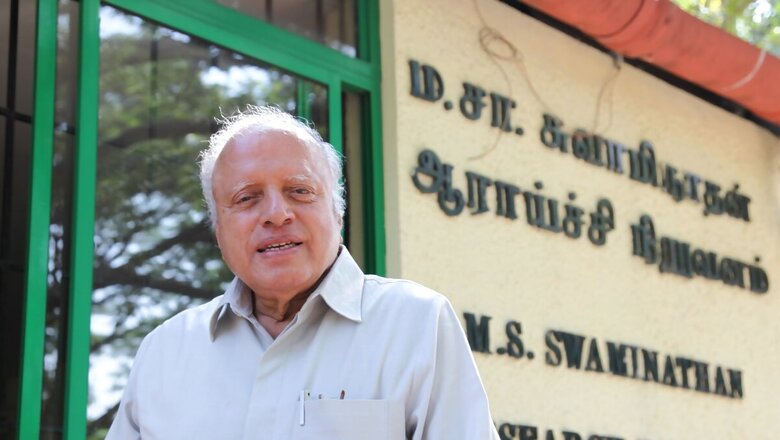
views
MS Swaminathan, or Mankombu Sambasivan Swaminathan, the eminent agricultural scientist and humanitarian synonymous with India’s path-breaking Green Revolution, passed away at the age of 98 in Chennai.
His contribution in achieving India’s self-sufficiency in food grains was so overarching that he was known as the ‘Father of India’s Green Revolution’. This achievement can never be underestimated, considering that in the 1960s, India depended on wheat imports from the US under the latter’s Public Law 480 or PL 480 to meet domestic demand.
India had a ship-to mouth existence and was dependent on the charity of the US, vulnerable to the superpower’s arm-twisting, particularly during the Bangladesh crisis when it suspended economic aid to India.
In 1971, India snapped its PL480 deal with the US, determined to be self-dependent in food grain production. Dr MS Swaminathan played an instrumental role in developing high yielding wheat and paddy, and along with Nobel laureate Norman Borlaug, involved farmers in a mass movement to get better yields. Swaminathan and Borlaugh are credited with staving off famine-like situation in India.
Swaminathan was born on August 7, 1925 in Tamil Nadu’s Kumbakonam. He did his BSc from the Madras University, MSc in Agricultural Sciences from the Indian Agricultural Research Institute (IARI) and PhD from the University of Cambridge. He served in numerous capacities with the government — Director General of Indian Council of Agricultural Research (ICAR) between 1972 and 1979, principal secretary in the Ministry of Agriculture and Irrigation between 1979 and 1980. He also served as the director general of International Rice Research Institute between 1982 and 1988, and as President of the International Union for Conservation of Nature and Natural Resources in 1984.
Dr MS Swaminathan was also a member of the Sonia Gandhi-led National Advisory Council which drafted the Right to Food Act during the UPA years.
In 2010, talking to this correspondent, Swaminathan was prescient about the importance of minor millets and its neglect by policy makers. “Now it is a great opportunity for us to enlarge our food basket and look at grains which are nutritious. Unfortunately, the British called these ‘coarse cereals’ and created a caste system. They are more nutritious than wheat and rice. Universal PDS can be done. Grains will not be a problem. The only problem is should we have the whole country at very highly subsidised food, Rs 3 a kilo for rice, Rs 2 a kilo for wheat, and Re 1 a kilo for millets,” he had said.
During the recently concluded G20 Summit, millets figured prominently on the menu for India’s distinguished guests, with the Narendra Modi government making a strong push to promote millets.
Asked if the open-ended policy of food procurement of the government should stop, Dr Swaminathan had told this reporter: “Handing over food security issues like purchase, storage to private sector, is a recipe for national disaster. It will lead to chaos, it will lead to food riots, it will be the greatest harm done to the people of the country. You can’t abdicate the primary responsibility of feeding the people. The private sector has no obligation at all to feed anybody. I think their only interest will be making money. I think it is a wrong policy. I think it is a dangerous policy. It is a socially dangerous policy.”
Swaminathan was the chairperson of the National Commission on Farmers formed by the UPA government in 2004 to suggest ways to improve farmers’ lives. In fact, implementing the recommendations of the ‘Swaminathan Committee’, as it came to be commonly known, have become a key demand among various farmers’ unions across the country as well as a key election promise of political parties.
The Swaminathan Committee had recommended a minimum suitable price for farmers’ produce that is 50% above the comprehensive cost of production, which resonated during the year-long farmers’ agitation on the borders of the national capital in 2020-21.
Dr MS Swaminathan had also served as a nominated member of Parliament from 2007 to 2013.
In his illustrious career, Dr Swaminthan won the Padma Shri in 1967. He was the first recipient of the World Food Prize instituted in 1987. The following year, he founded the MS Swaminathan Research Foundation with the prize money in Chennai. He had also won the Ramon Magasaysay Award for Community leadership way back in 1971, the Indira Peace Prize, Padma Bhushan in 1972 and Padma Vibhushan in 1989.
Dr Swaminathan is survived by his three children. His passing away creates a deep void in the agriculture and science sector across the world.











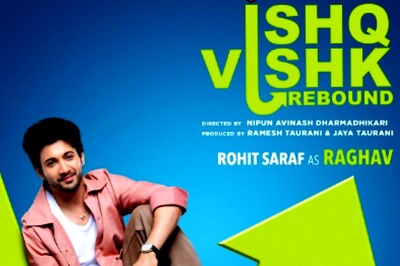


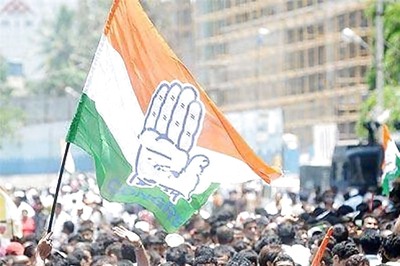
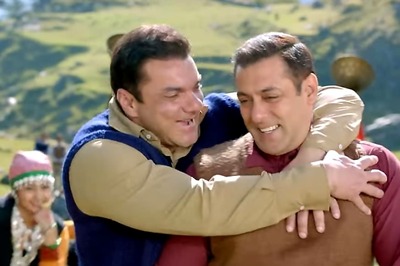
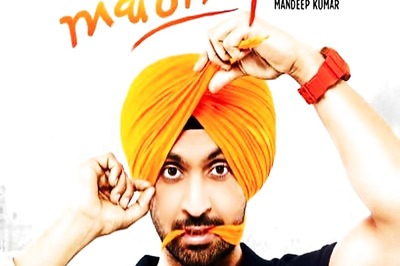
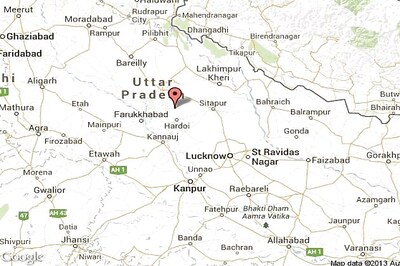
Comments
0 comment